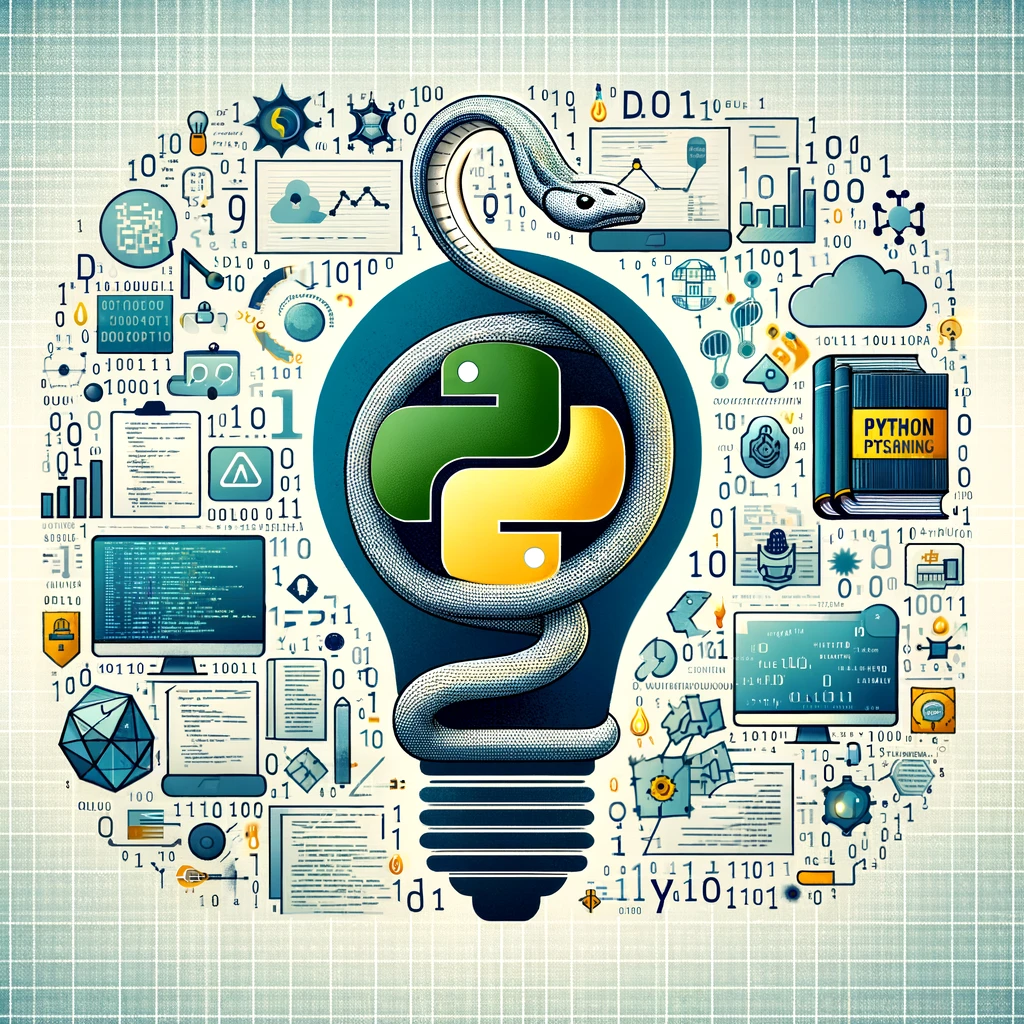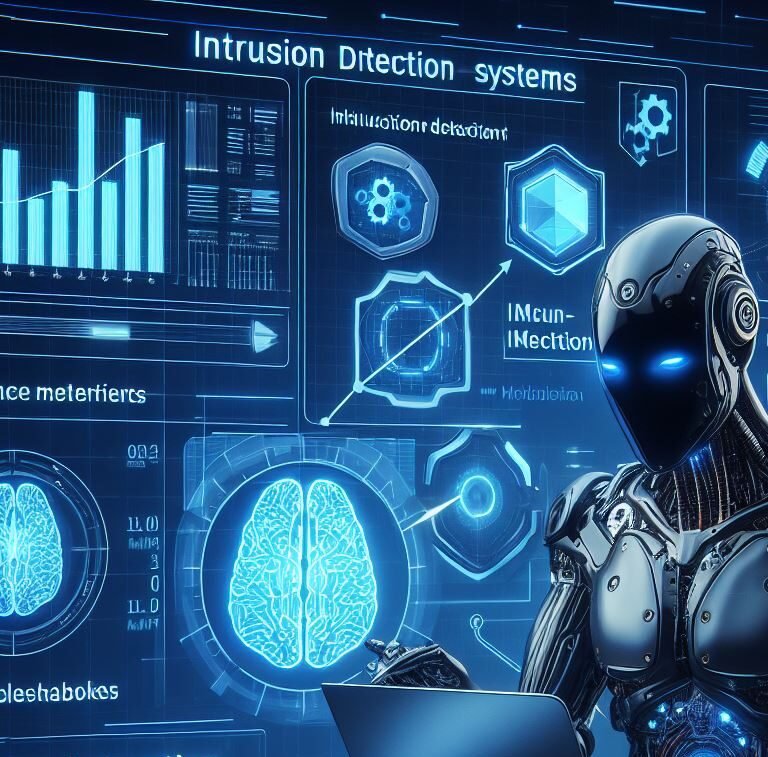Applied Machine Learning in Python pdf, One Machine Software
Applied machine learning in python pdf, one machine software
Welcome to the fascinating world of applied machine learning in Python. This article serves as your guide to understanding and utilizing a powerful toolkit for any budding or intermediate data scientist or machine learning enthusiast. Known for its simplicity and readability, Python has become the first choice for many when delving into the complexities of machine learning. We will also touch upon the role of One Machine Software in this journey.
The Basics of Machine Learning in Python
What is Machine Learning?
Machine learning is a segment of artificial intelligence (AI) that empowers computers to learn from data and make decisions with minimal human intervention. It’s an engine of innovation in various industries, from automating mundane tasks to driving complex decision-making processes.
Why Python?
Python boasts a rich ecosystem of libraries and frameworks that simplifies the implementation of machine learning algorithms. Its straightforward syntax makes it accessible for beginners yet powerful enough for experienced programmers.
Key Libraries for Machine Learning in Python
Python’s versatility is evident in its wide array of libraries catered to machine learning. Each library has its own strengths and purposes.
Pandas for Data Manipulation
Data is the lifeblood of machine learning, and Pandas provides the tools to wrangle and prepare your data for analysis. It allows for easy importing, cleaning, and manipulation of data sets.
NumPy for Numerical Computation
At the heart of machine learning lies complex mathematical operations. NumPy specializes in handling large multi-dimensional arrays and matrices, making it essential for performing high-level mathematical functions.
Scikit-Learn for Machine Learning Models
Scikit-learn is perhaps the most renowned library for machine learning in Python. It streamlines the process of implementing a wide range of machine learning algorithms, from classification to regression and clustering.
Stepping into the World of Applied Machine Learning
Start with a Solid Foundation
To effectively apply machine learning, one must first understand the underlying principles. There are numerous resources available, from online tutorials to comprehensive PDF guides that meticulously explain the concepts.
Practical Machine Learning Projects
Practice is paramount in mastering machine learning. Start by taking on simple projects and gradually work your way up to more complex challenges. Websites like Kaggle provide practical problems to which you can apply your knowledge.
Enter One Machine Software
A Tool to Amplify Your Machine Learning Skills
One Machine Software stands out as a tool that can enhance your machine learning capabilities. It offers a suite of services that can automate some of the tedious tasks involved in data science.
Simplifying Machine Learning Workflow
With One Machine Software, you can fine-tune your models and streamline your workflow, allowing more time to focus on insights and results rather than getting bogged down by the intricacies of code.
Conclusion
Applied machine learning is an expansive field that intersects with numerous aspects of technology and industry. Python, due to its simplicity and comprehensive library support, remains a preferred language for many practitioners.
As beginners, it is essential to start with the basics, understanding the core concepts, and engaging in practical projects to cement your knowledge. Resources like ‘Applied Machine Learning in Python PDFs’ can provide the theoretical backing, while tools like One Machine Software can ease the transition from theory to practice.
The world of machine learning awaits, and with the right tools and a spirit of curiosity, there’s no limit to the solutions you can unearth. Happy learning and may your journey through applied machine learning in Python be as enriching as it is rewarding! So, keep exploring and pushing the boundaries of what’s possible with machine learning. Remember, there’s always something new to discover in this dynamic field! Cheers to unlocking the full potential of applied machine learning in Python.
Additional Resources for Machine Learning in Python
Introduction to Machine Learning with Python
Hands-On Machine Learning with Scikit-Learn, Keras, and TensorFlow
- Machine Learning Mastery
- Kaggle Datasets and Competitions So, keep exploring and pushing the boundaries of what’s possible with machine learning. Remember, there’s always something new to discover in this dynamic field! Cheers to unlocking the full potential of applied machine learning in Python.
With the rapid advancements in technology and the increasing demand for data-driven solutions, it is no surprise that machine learning has become a hot topic in various industries. From healthcare to finance, from transportation to marketing, the possibilities of machine learning are endless.
But with great power comes great responsibility. As we delve into the complexities of machine learning, it is crucial to keep in mind ethical considerations and potential biases that may arise in the data used for training models. Responsible and unbiased use of machine learning should always be a top priority.
Additionally, as machine learning continues to evolve and become more integrated into our daily lives, it is essential to keep up with the latest developments and continuously expand our knowledge in this ever-changing field. Whether you’re a beginner or an experienced practitioner, there’s always something new to learn and explore in the world of applied machine learning.
So, let’s continue pushing the boundaries of what’s possible with machine learning and use it to create a better and more inclusive future for all. Happy learning! So, keep exploring and pushing the boundaries of what’s possible with machine learning. Remember, there’s always something new to discover in this dynamic field! Cheers to unlocking the full potential of applied machine learning in Python. So, let’s continue pushing the boundaries of what’s possible with machine learning and use
Kaggle: A platform for data scientists and machine learning practitioners to access datasets and participate in competitions.
Machine Learning Mastery: A website that offers resources, tutorials, and courses on machine learning.
Keras: An open-source library for building neural networks and deep learning models.
TensorFlow: A popular library for creating and training machine learning models.
Scikit-Learn: A library that provides various algorithms and tools for machine learning, data mining, and data analysis in Python.
OpenAI: An AI research organization that aims to promote and develop friendly AI for the benefit of all.
Python Machine Learning: A book written by Sebastian Raschka and Vahid Mirjalili on machine learning in Python.








I don’t think the title of your article matches the content lol. Just kidding, mainly because I had some doubts after reading the article.